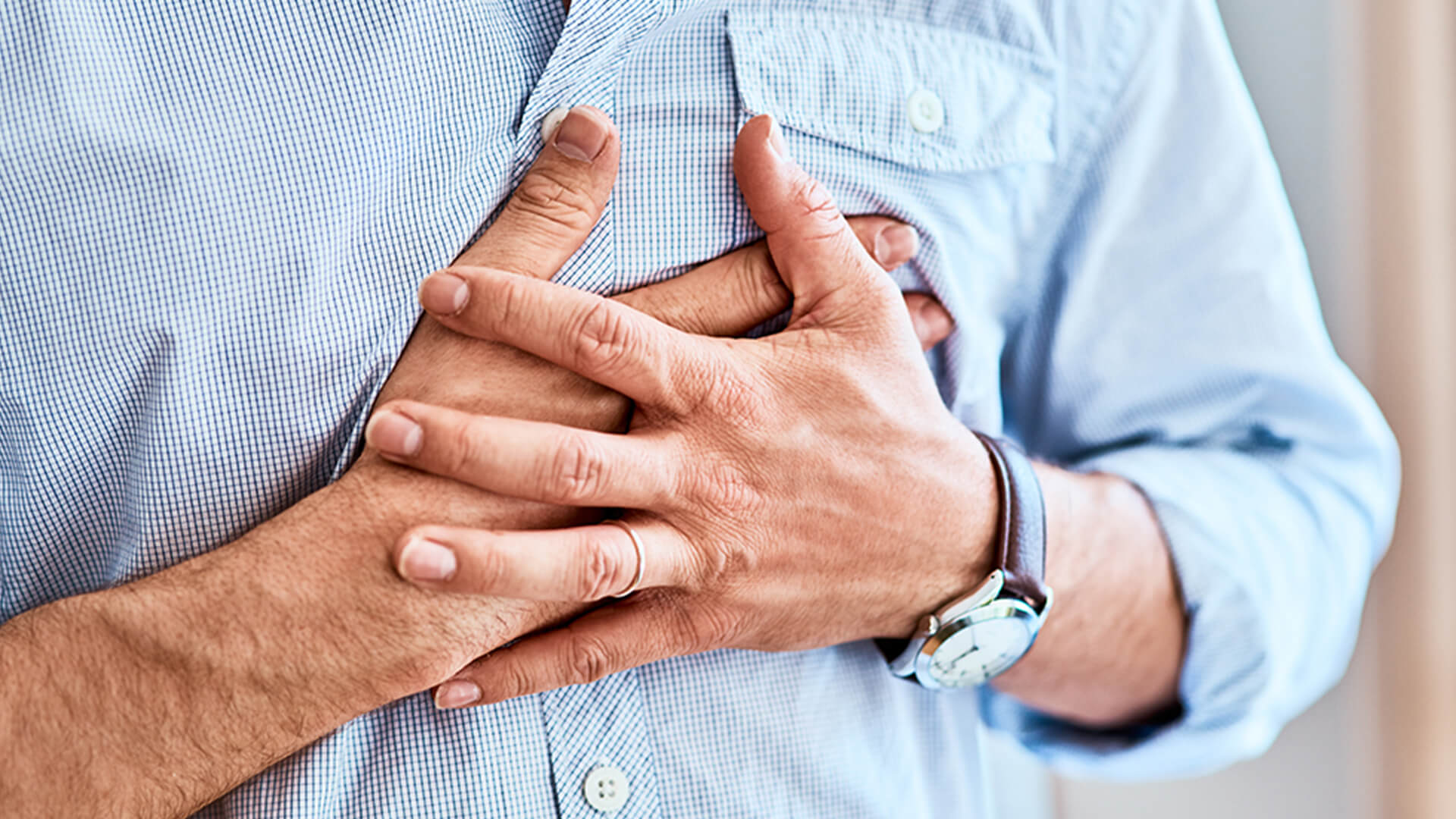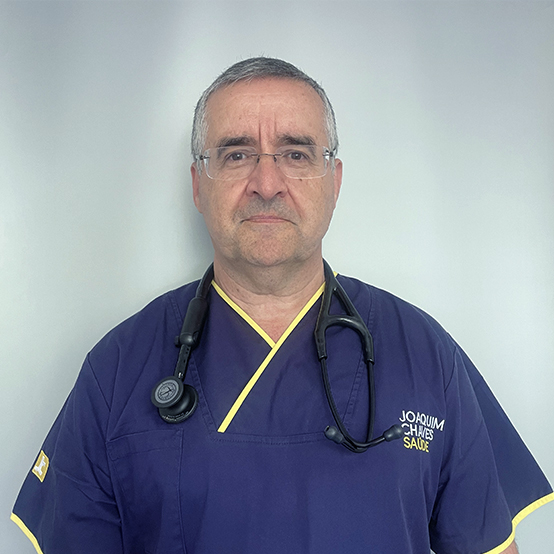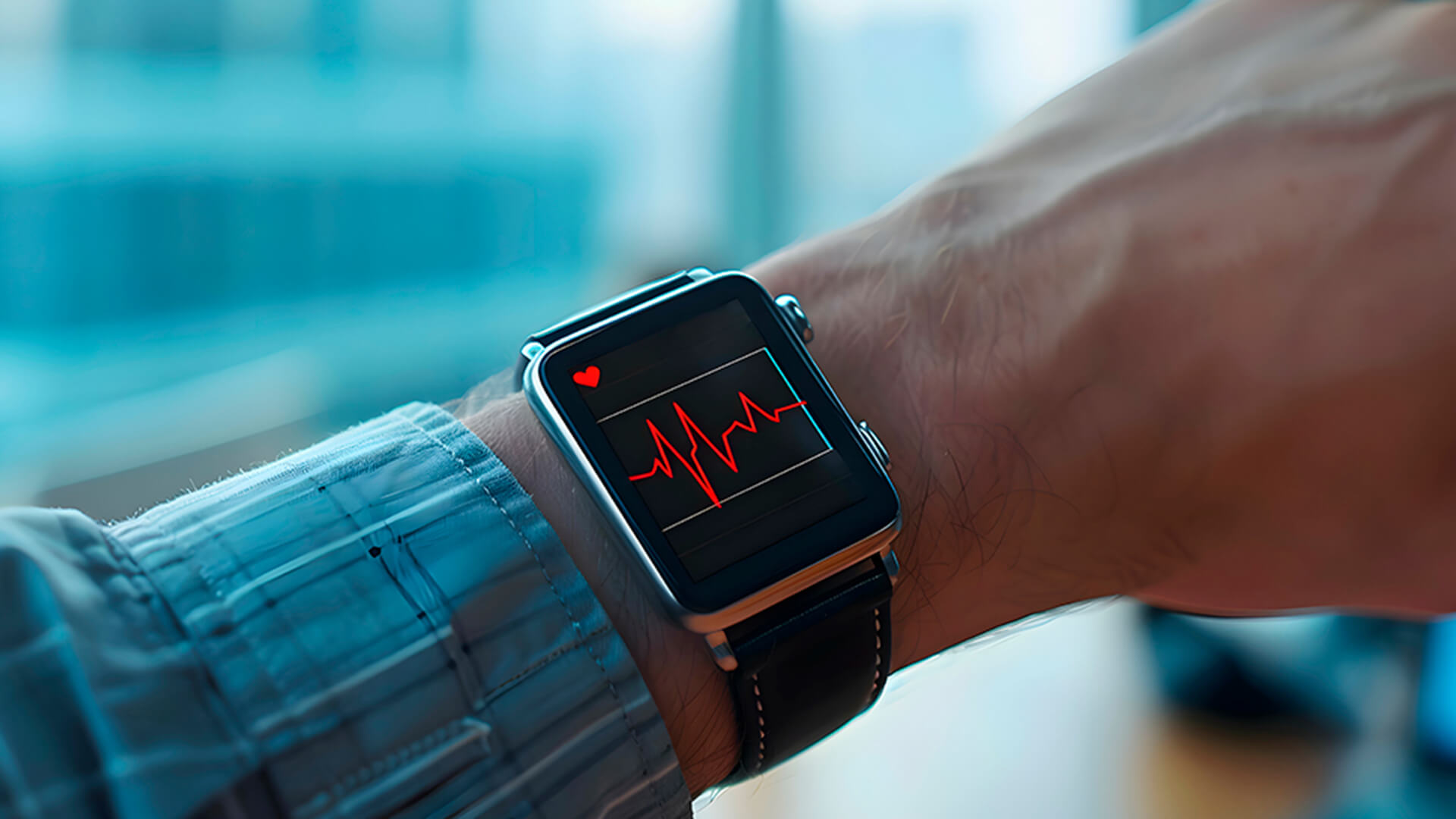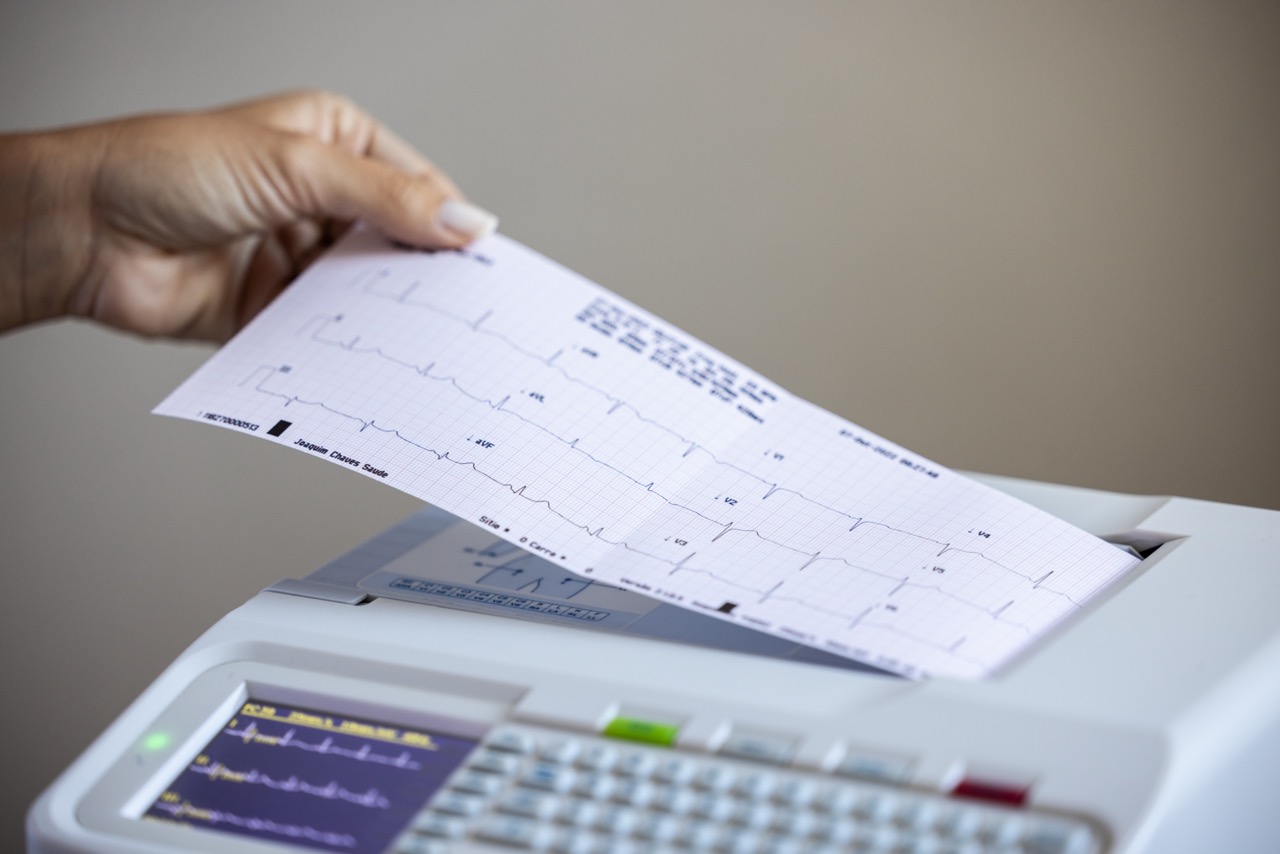Heart palpitations are more common than we think, and often occur without warning. You may feel your heart pounding or your heart rhythm change suddenly, causing discomfort or anxiety. But what do these sensations really mean? In this article, we’ll explore the causes, symptoms and when to get help, for you to better understand what your body is trying to tell you and the best way to take care of it.
What are palpitations?
Heart palpitations are uncomfortable sensations like your heart is beating too fast or irregularly, and these can be felt in the chest, neck or throat. Most of the time, they’re not serious and may be caused by factors such as stress, anxiety, too much caffeine intake or intense physical activity.
However, in some cases, palpitations can be related to arrythmias or other heart conditions. Therefore, if the palpitations are frequent or accompanied by symptoms like chest pain, shortness of breath or dizziness, it’s crucial to seek urgent medical help.
What do palpitations feel like?
Palpitations feel different from person to person, but the most common sensations include:
Racing heartbeat
Your heart may feel like it’s beating faster than usual, which can be uncomfortable or even alarming when this happens unexpectedly.
Irregular heartbeat
Your heart rhythm may change unpredictably, making your heart seem to occasionally "flutter" or "skip" a beat.
Pounding pulse
Some people feel their heartbeat so strongly that it is felt in their chest, neck or even throat. This sensation can be alarming, but is usually temporary.
Dizziness or vertigo
When palpitations are stronger, you may feel a slight loss of balance or like your body can’t keep up with your heart’s rhythm, making you feel dizzy or faint.
Shortness of breath
In more intense cases, palpitations may be accompanied by difficulty breathing, which can make the experience even more uncomfortable and alarming. Although palpitations are often harmless, especially when they occur sporadically, it’s important to be vigilant. If the symptoms are recurrent or accompanied by chest pain, excessive sweating or lightheadedness, it’s crucial to seek urgent medical help. The body is sending signals and it’s essential to listen to them to guarantee good health and wellbeing






